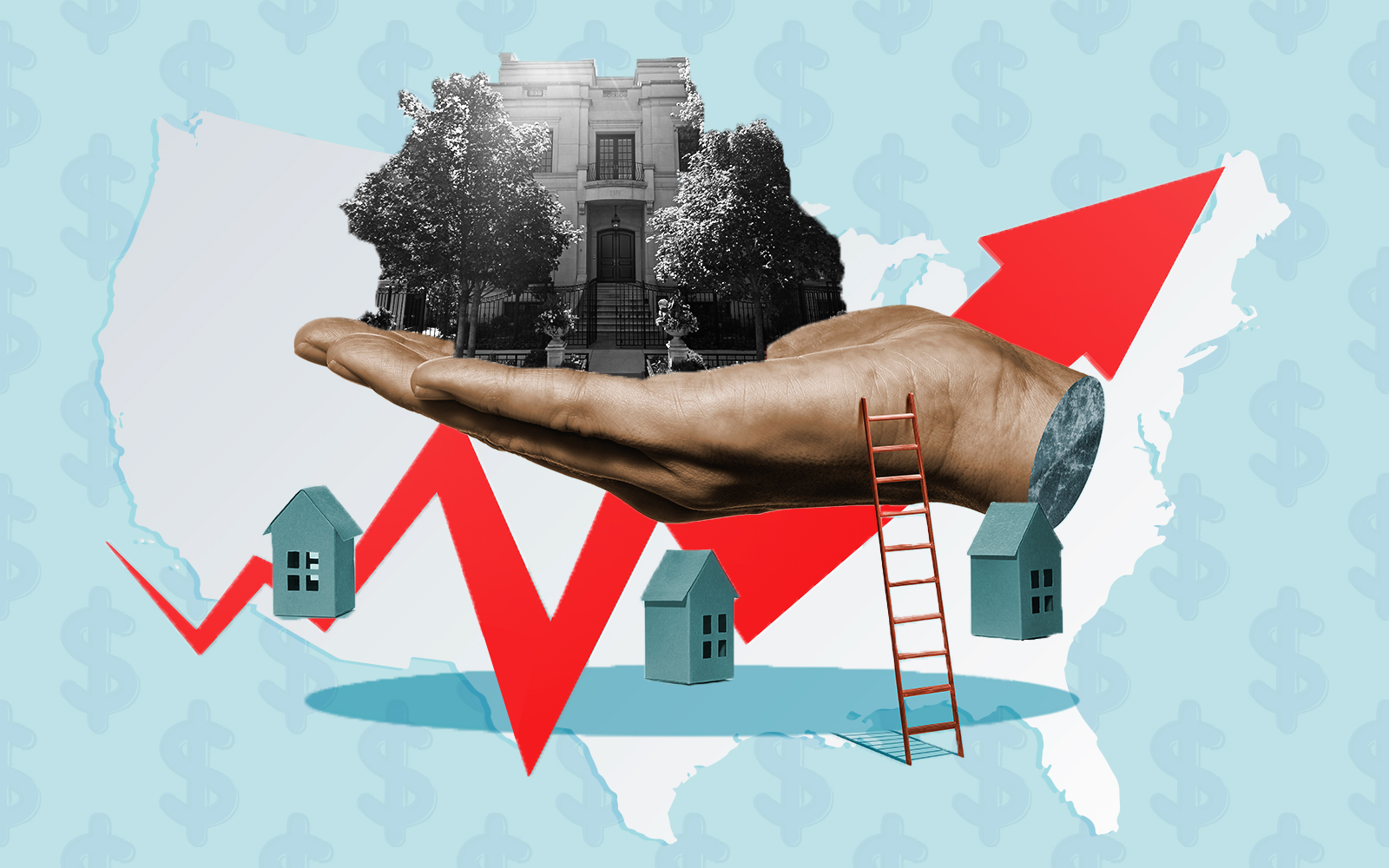Even with the Chicago area now leading all large U.S. cities in home price growth, its sellers still have a better chance of losing money on their deals than almost anywhere else.
Redfin data covering the three months ending July 31 revealed that 6.5 percent of home sales in the Chicago metro area resulted in losses for sellers, while the national average was lower at 3 percent, Crain’s reported.
Chicago ranked third among 50 major metropolitan areas in Redfin’s study for the highest proportion of money-losing home sales. The cities with more sellers losing money were San Francisco at 12.3 percent and Detroit at 6.9 percent. Notably, among the 10 largest U.S. metro areas, Chicago was the only one where more than 5 percent of sellers experienced losses.
The condo market in Chicago appears to be the hardest hit, influenced by factors such as the slow return-to-work movement, reduced downtown attractions like theaters and concerns about crime in downtown neighborhoods.
Examples of recent condo sales losses in Chicago include a Waldorf Astoria condo that sold for $2.5 million, $600,000 below the 2010 purchase price, and a condo at 600 North Lake Shore Drive that sold for nearly $1.25 million, resulting in an $88,500 loss for the sellers who bought it in 2012.
“It’s a hard conversation to have with people about how much less their condo is worth, but it’s reality,” Baird & Warner agent Mino Conenna, who recently brokered a deal for a Garland Court condo at a discount from its last sale, told the outlet.
Despite these losses, it’s important to note that the majority of sellers still profit when selling their properties. However, the trend of losses in the downtown condo market has persisted since 2020.
The broader challenges facing the Chicago housing market include high property taxes and a stagnant or declining population, which reduces demand for homes. The U.S. Census reported a population decline of approximately 176,000 people in the Chicago metro area between 2020 and 2022.
Read more



Comparing Chicago to San Francisco, another city with a high proportion of sellers losing money, the Bay underwent a significant increase in the share of sellers with losses in the past year, while the Windy City notched a decrease.
While the 6.5 percent share of money-losing sales in Chicago is a concern, it represents an improvement from a decade ago when nearly half of sellers in the Chicago area faced losses during a housing market struggling to recover from the Great Recession.
